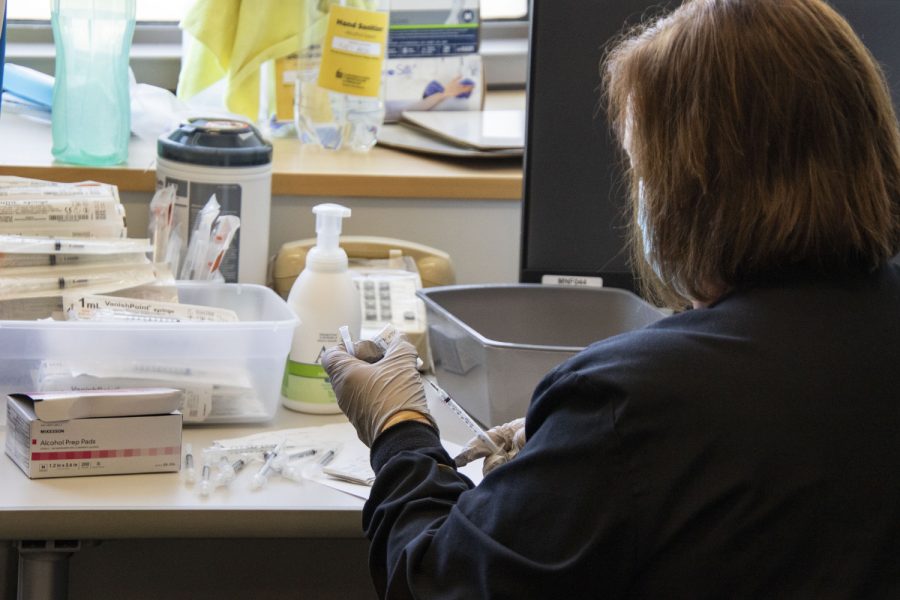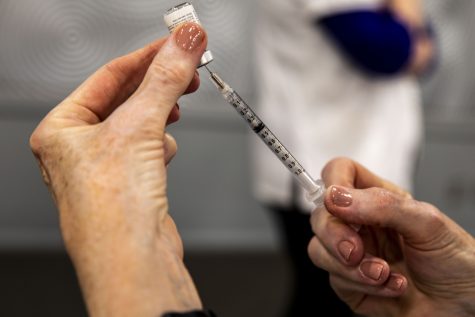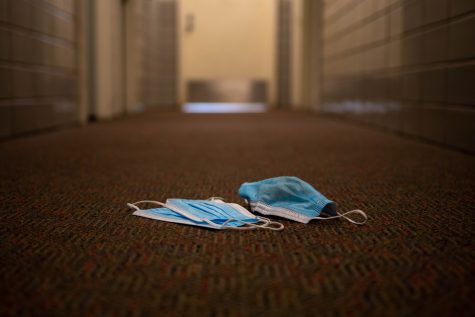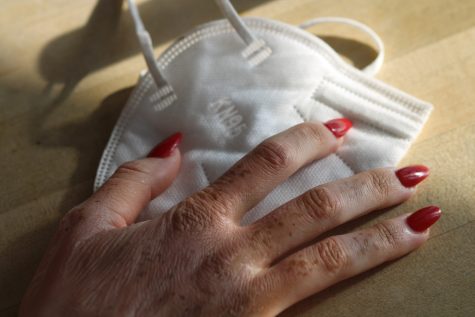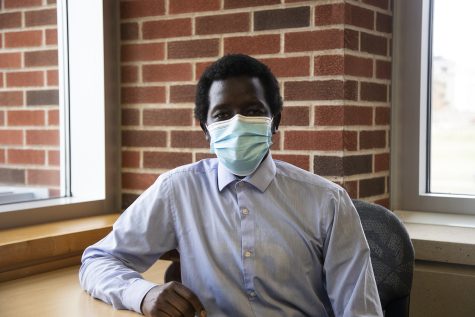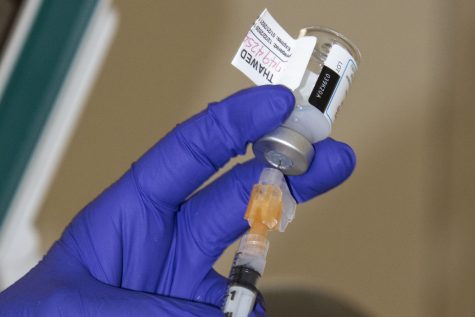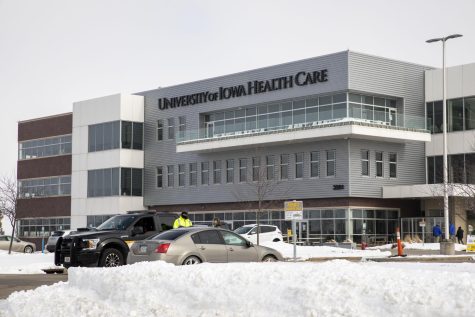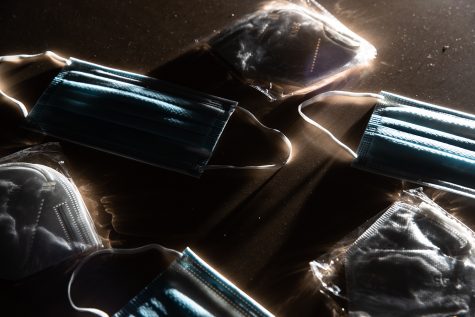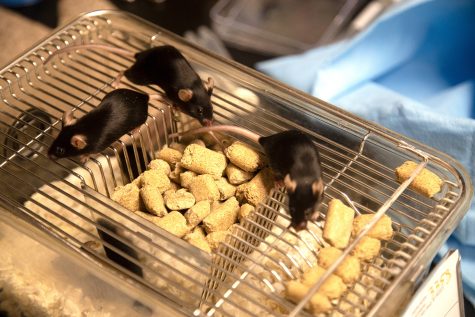COVID-19 variance to continue researchers say, UI guidance to change
Updated University of Iowa COVID-19 guidance is allowing the university to return somewhat back to normal as a researcher warns about reinfection and variance of the disease.
Nurse Manager Julie Weber draws up individual doses of the Moderna vaccine on Thursday, Jan. 28, 2021 at the UI Medical Education Research Facility.
August 23, 2022
COVID-19 variants remain a concern to the University of Iowa officials and its researchers as students return for the most normal looking academic year since 2019.
Stanley Perlman, UI professor of microbiology and immunology who has been studying coronavirus for 40 years, said it isn’t time for pandemic-thinking to end as variants still alter researchers’ understanding of how transmission works.
“Our concept of transmission has certainly changed over the two years of the pandemic,” he said. “In the beginning, we thought it was spread by large droplets, but we know now it’s spread by respiratory droplets, including really small ones.”
With the omicron variant specifically, Perlman said the coronavirus has mutated itself to become more transmissible, so reinfection is more likely to occur as immunity lessens as people can be infected with multiple strands.
“This variant is a little different from previous versions because it is highly mutated so there were lots of changes and the virus seems to transmit better than any other one we had before it with less severe disease,” he said. “Since it’s more transmissible, that also impacts how often someone can be infected.”
If an older variant, like delta, is reintroduced into the population after not being present in a community, immunity would be lesser for those who were infected recently by omicron, Perlman said, as they could test positive again sooner.
Perlman said scientists’ current understanding of the virus’s transmission is similar to measles, which is highly contagious. According to the European Center for Disease Prevention and Control, “infectivity is close to 100 percent in susceptible individuals.”
As new variants continue to be found, Perlman said he isn’t sure what damage they could cause since COVID-19 does not induce a great immune response.
“This virus has shown it likes evolving,” he said. “And we also show that we like sequencing and seeing the evolution [of the virus]. So, the challenge is to note the changes and their relevance. There’s a lot of extra information that gives us more information about its transmissibility.”
As understanding the disease continues to alter, the UI is also changing its campus COVID-19 guidelines.
Fall 2022 is the first semester the UI has done away with its self-reporting form. UI Assistant Vice President for External Relations Jeneane Beck wrote in an email to The Daily Iowan that the process of reporting positive tests has changed but there are still streamlined instructions for what to do after testing positive.
“The ‘What to do if you are sick’ section on coronavirus.uiowa.edu provides step by step instructions, including reporting your absence to instructors,” she wrote. “It also links to absence guidance on the Registrar’s website. Students will need to email their faculty individually. There is not a way to email them collectively.”
Students can still find free COVID-19 test kits at the Iowa Memorial Union, Student Health at Westlawn, and any of the 11 residence halls on campus. The university still strongly recommends students getting as many doses of the vaccine as they qualify for and provides vaccination resources on its coronavirus website.
Perlman said most students may be at a lower risk than other populations but there is still risk. He said the pandemic isn’t going away and students should remain aware of transmission rates in the area.
“There are plenty of coronaviruses out there that we know could cause equivalent pandemics, because they’re different enough that people don’t have an immunity to it,” he said. “… We’re not finished yet, I think that’s the most important thing. The virus is still transmitting very well. It’s still an unpleasant disease to get and it still has the opportunity to change.”



